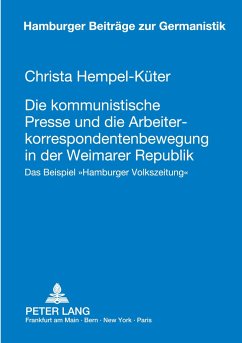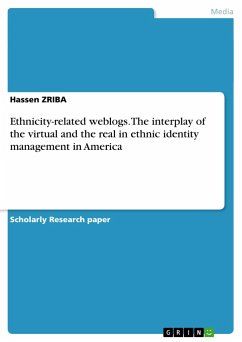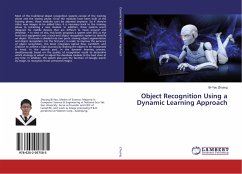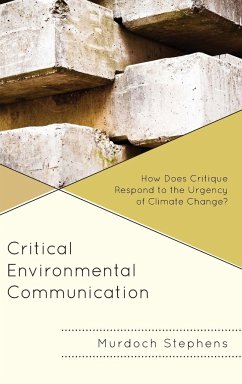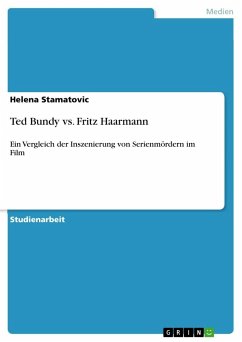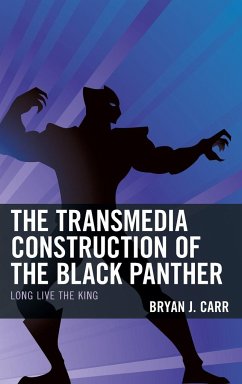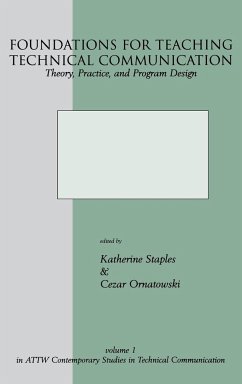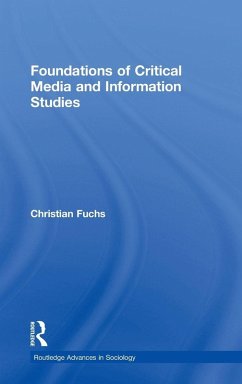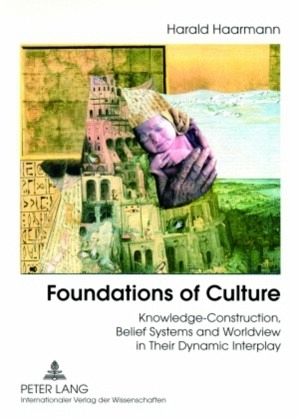
Foundations of Culture
Knowledge-Construction, Belief Systems and Worldview in Their Dynamic Interplay
Versandkostenfrei!
Versandfertig in 6-10 Tagen
74,60 €
inkl. MwSt.

PAYBACK Punkte
0 °P sammeln!
Constructing culture means constructing knowledge and making it operational for the benefit of sustained community life. As a cognitive process, knowledge-construction does not evolve in a vacuum but rather interacts with belief systems and worldview. Cultural knowledge is modulated by key factors such as time (linear versus non-linear), conceptions of reality (physical, imagined, virtual), identity, and intentionality. The critical investigation and comparison of cultures in space and time call for a revision of several concepts. These include utility (as the maxim of modern Euro-American soc...
Constructing culture means constructing knowledge and making it operational for the benefit of sustained community life. As a cognitive process, knowledge-construction does not evolve in a vacuum but rather interacts with belief systems and worldview. Cultural knowledge is modulated by key factors such as time (linear versus non-linear), conceptions of reality (physical, imagined, virtual), identity, and intentionality. The critical investigation and comparison of cultures in space and time call for a revision of several concepts. These include utility (as the maxim of modern Euro-American society), prototype (as an allegedly unified concept of culture evolution), and replacement (as a generalizing signifier for the exchange of old items for new ones). The working of cultural memory is understood as the storage capacity of items of knowledge (relating to the past, present and future) according to parameters of experienced rather than absolute time. This study discusses a wide selection of the variables shaping the foundations and fabric of culture, starting with the human capacities for symbol-making and using sign systems. The impact of knowledge-construction on the culture process is articulated in 30 postulates concerning the dynamics of communal life and patterns of sustenance, the relationship between the natural environment and cultural space, and the life cycle of cultures.



